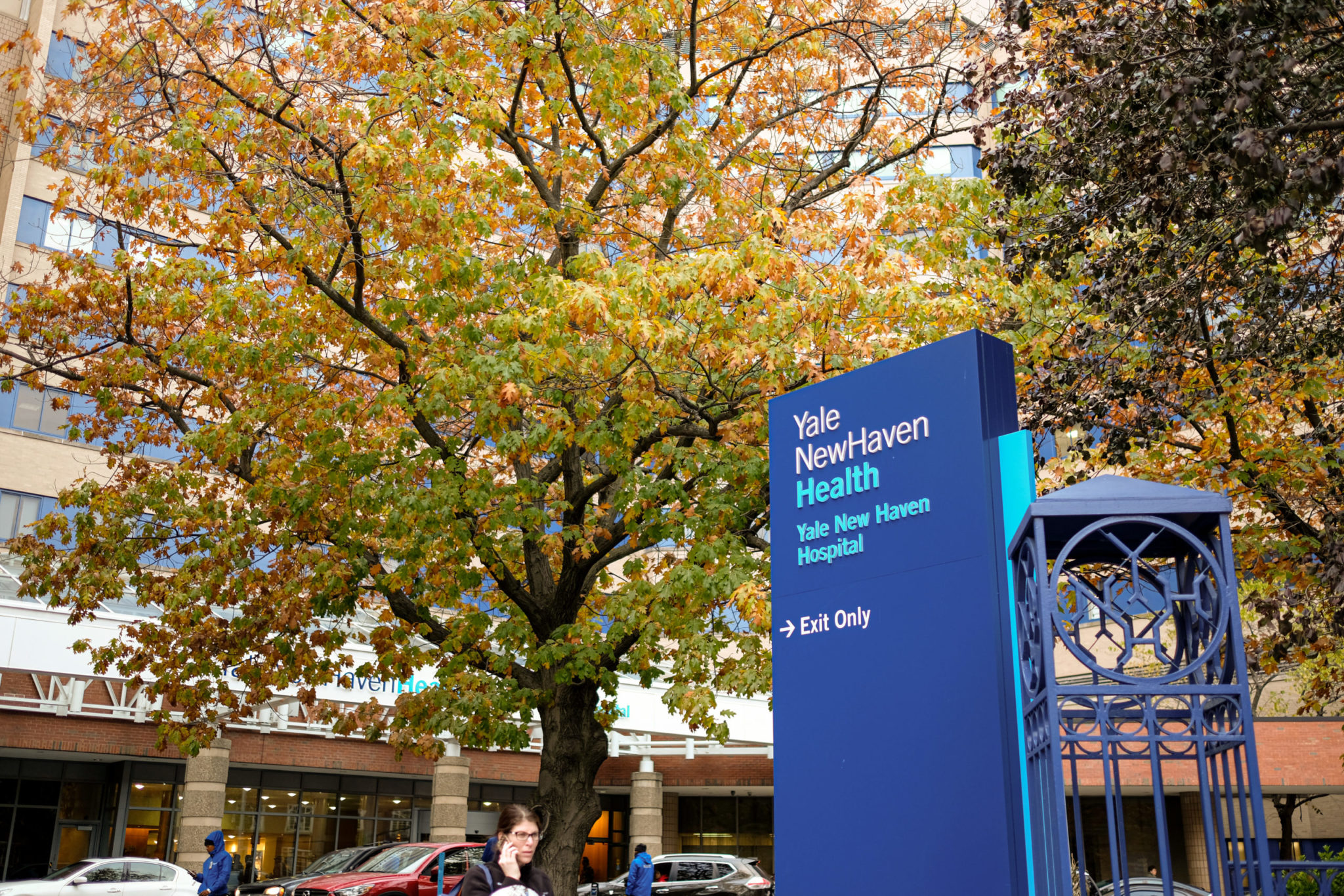
Eric Wang
Despite the recent decline in New Haven’s coronavirus cases, the issue of data quality surrounding COVID-19 patients — specifically unknowns in the patients’ race or ethnicity — endures.
As of Sept. 18, New Haven has recorded 3,065 confirmed COVID-19 cases. The city’s health department indicated that 22 percent of those cases still have unrecorded races or ethnicities. The existing data echoes previous reports showing that New Haven’s minorities are disproportionately affected by the virus. Though these gaps still exist, they have diminished since the last report in April.
“Historically speaking, the data has improved, as it used to be almost 50 percent of records that had no race/ethnicity detailed,” New Haven Health Director Maritza Bond wrote in an email to the News. “More recently, from September 1, 2020 to now, we are at 27 [cases], or 16 percent of cases, with an unknown race/ethnicity.”
These improvements may be indicative of policy changes in the government and in testing agencies. Recently, Bond stated that the New Haven Health Department forwarded memoranda to various testing facilities and the Connecticut Public Health Department, informing them of these gaps. The Elm City’s health department then pursued increased communication with these offices to collect information as needed.
The New Haven Health Department also widely publicized these concerns to the general public. Bond emphasized the role of the New Haven community in ensuring these gaps are eliminated.
“[Residents] can take action to ensure they share the most up-to-date/accurate information with intake/medical staff as this benefits everyone if we are more accurately informed,” she said.
Testing facilities also emphasized the need for community buy-in. Murphy Medical Associates, which has two testing locations in New Haven, said that its efforts to close the gaps included working with local organizations such as the Community Action Agency of New Haven, Kingdom International Economic Development Corporation and others.
Steven Murphy, the managing partner at Murphy Medical Associates, said that their gap in unknown data has closed significantly from when they first started doing drive-thru testing on March 9. Now their only unknowns come from patients who choose not to share their demographic data.
After some initial difficulty, they worked around the issue with skilled on-site clinicians able to obtain this data, Murphy told the News in an interview.
“Our practice built a public health team with epidemiologists, contact tracers and biostatisticians from the ground up over the last six months and we are proud of the data they are collecting and reporting on,” he said.
Yale New Haven Health, the city’s largest health care system, found its percentage of unknown racial data to be relatively low throughout its entire testing period.
According to Wade Schulz, an assistant professor of laboratory medicine at the Yale School of Medicine, 4.8 percent of tested individuals and 5.4 percent of positive patients in the YNHH system had an unknown or unstated race during the initial outbreak period. Since then, YNHH’s testing and positive numbers have increased, but the percentage of unknowns has remained consistent.
While these numbers represent the system as a whole, Schulz said that the numbers for the hospitals in New Haven would also be similar.
The YNHH hospital system has not significantly changed its process in terms of how it registers patients and collects demographic data from pre-pandemic times to now. Early on in the outbreak, YNHH had some discussions about what percentage of data or data elements were missing and did some investigations. It came to the conclusion that it was capturing data for a very large majority of patients.
Although the data gaps have decreased in recent months, they remain significant. Just under a quarter of cases are unaccounted for in race and ethnicity. The New Haven Health Department and testing agencies provided possible reasons for these gaps.
Bond said that privacy and racial discrimination remain concerns. She told the News that individuals may be worried they may not be prioritized or treated fairly if their race or ethnicity is declared, and therefore that patients commonly opt out of supplying this information.
Bond also indicated time sensitivity as a potential cause. When medical staff are faced with patients in precarious situations such as those struggling to breathe, they may decide to skip documentation procedures to immediately tend to the patients. This, Bond added, was a nationwide quality control issue.
Murphy added that obtaining online data could also be a reason for the gap. Their system has found that online data is much harder to obtain in underrepresented communities, often due to a lack of internet or lack of hardware to access the internet. While their system’s process for collecting data includes online and on-site components, Murphy said that their team helps with the online form for those not as equipped with technology.
YNHH also recently added a self-service website for testing where demographic data may not be captured if a person is not already registered within the health system. However, Scott Sussman, the physician executive director of clinical redesign at YNHH, said that less than 5 percent of the tests they perform have used this new website.
The New Haven Health Department and testing agencies remain committed to pursuing solutions to fully eliminate these gaps — Bond cited the impact of such data on “public health assessments, decision-making and action.”
On Sept. 16, 20 new cases of COVID-19 were reported in New Haven.
Interested in getting more news about New Haven? Join our newsletter!







